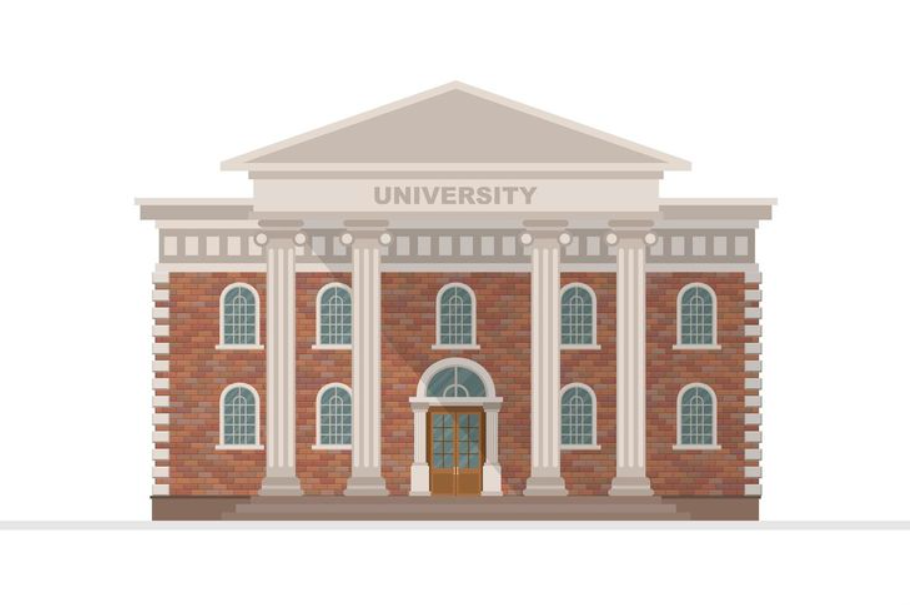A research degree can open up all sorts of career opportunities, but making the decision to spend three or four years concentrating on just one question can be hard.
Starting, and, more importantly, finishing a research degree within a reasonable period is a big commitment in time, energy and money and it is important for potential research students to be sure that a research degree is really what they want to do.
Considerations for students looking into a research degree
So what should you think about when deciding whether or not to do a research degree after your first degree or to return to study after some years at work?
- Do you have an overwhelming interest in your subject? You will spend a long time thinking about your topic area so it’s crucial that it interests you strongly.
- Can you analyse material? Do you refuse to take your own findings and results and those of others at face value? As a research student on a research degree you will spend time with some of the finest minds in your subject area – expect to be challenged about your assumptions!
- How much time do you have? For a Ph.D. research degree expect to spend three to four years researching and writing up. At Cambridge it is also possible to do research for two years for an M.Sc./M.Litt. degree and, in some subjects, one year for an M.Phil. degree.
Can you afford to do a research degree?
Living and studying for several years away from home can be expensive so you need to be sure you can afford the costs. Costs will vary but will range from under £10,000 per year including all fees and living expenses to over £20,000 per year. In general students undertaking a research degree in an arts subject will pay less than those in the sciences. Clinical medicine and business research degrees are usually the most expensive, however many institutions can provide some financial assistance.
Have you got the time to undertake a research degree?
A research degree, particularly in the arts, can be quite lonely as you may find yourself working in libraries or in archives away from your institution. Even in the sciences where you are more likely to be working in a group with other students and post doctoral workers you may have to spend long hours in the laboratory to complete your experiments. You need to be motivated to finish your work to submit it for examination. An unfinished degree can leave a quite a hole in your C.V!
Where should I study my research degree?
If you decide that a research degree is for you, then you’ll want to think about where you might study. With the growth of the world-wide web there are a wide variety of quality sources of information about universities and colleges. Find out from the web and from ‘traditional’ paper prospectuses and brochures.
- Which Universities offer teaching and research in your subject area?
- Who supervises in your topic? What have they published?
- How well regarded for research is the Department you want to study in? In the UK there is a Research Assessment Exercise every 4 or 5 years. Find out the Departmental score from the web.
- What research facilities will you have access to? Check out laboratory equipment or library resources. If the web doesn’t give enough detail ask the Department direct, most have email contact addresses for interested students to use.
- If you will need to do fieldwork, how will it be paid for? How much time will you need to spend searching for funds?
- What sort of skills training will you receive during your research degree? You should expect training both in the techniques needed to make a success of your research into your subject and in more general skills like conference presentations.
- What facilities does the University offer for your research degree if your first language isn’t English? If you decide to come to an English speaking country for your research you will be asked by your University to provide evidence of a high level of fluency in English. Many institutions, however, also provide on-going assistance to students in improving their English skills;
- Is the institution experienced in managing research degree students? What support facilities are available for students?
Committing yourself to a research degree can be exciting and challenging, even life-changing. Successful students reap the benefits in both personal growth and career development. With the guidance of your supervisor a research degree allows you to unlock your full intellectual potential.
